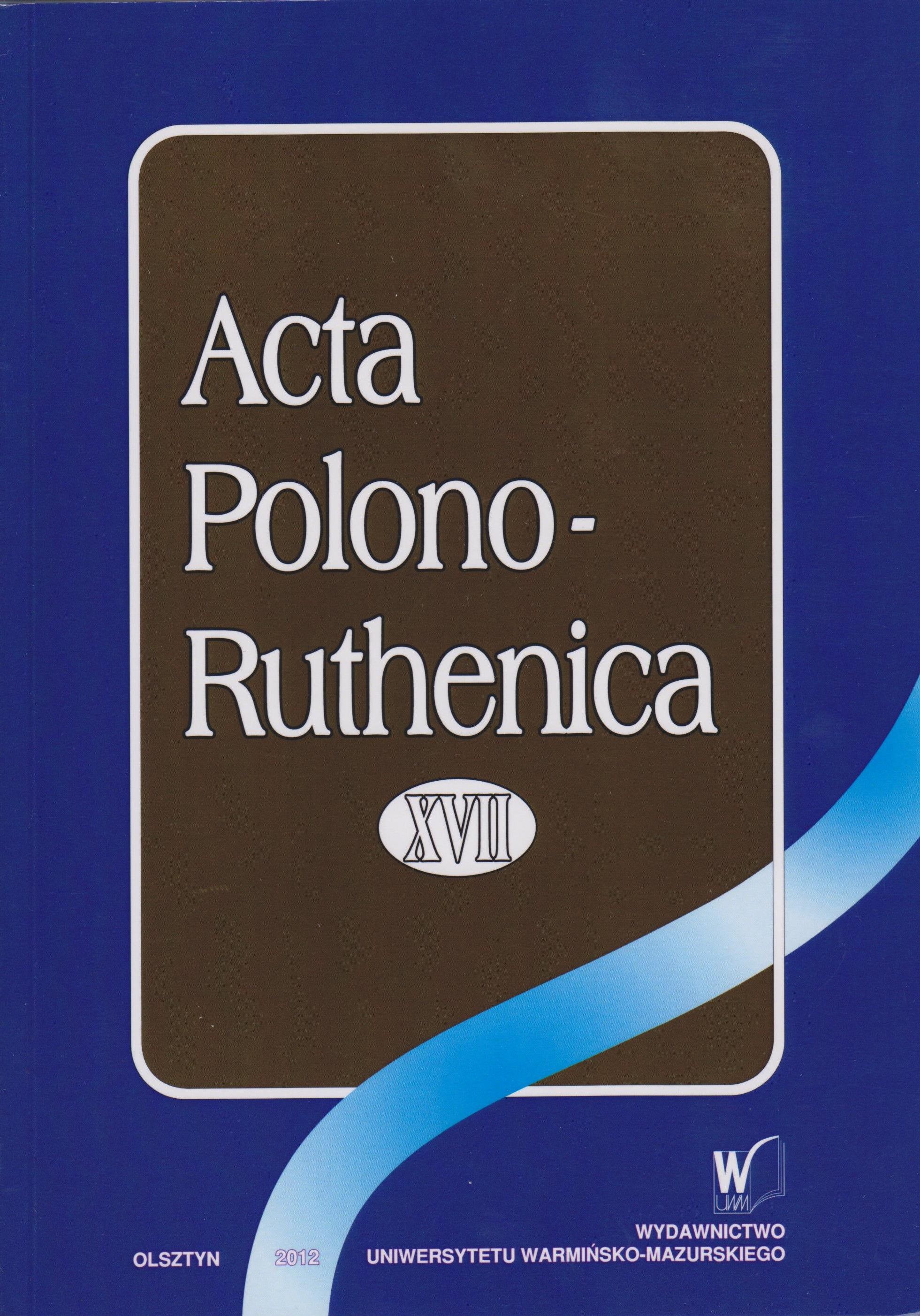Библеизмы в современной российской публицистике
Biblizms in modern Russian journalism
Author(s): Eugenia MaksimowiczSubject(s): Language studies, Language and Literature Studies, Theoretical Linguistics, Studies of Literature
Published by: Wydawnictwo Uniwersytetu Warmińsko-Mazurskiego w Olsztynie
Keywords: Biblizms; modern Russian journalism;
Summary/Abstract: Lexis as the most susceptible to changes part of the language is a reflection of the processes taking place in society. The end of the twentieth century was a period of fundamental change in all spheres of life of the Russians. „Perestroika”, the disintegration of the Soviet Union, moving away from social, economic, political and spiritual principles of social life of a bygone era, freedom of speech, ever-growing popularity of the media have all significantly accelerated the processes occurring in lexis . Today, all these processes are activated. One of them is the return to the language system of lexeme previously commonly unused, concerning the sphere of religion. Therefore, there has been the increased interest in the Bible. More and more often scholars of the contemporary Russian language refer to this rich source. The relevance of each word is always checked in practice - in everyday speech. Also in journalism the contemporary Russian language is reflected. On the pages of the Russian newspapers and magazines we find aphorisms, idioms and quotations from the Bible. Linguists use the term „biblizms” for such lexical units. For the first time in linguistics the linguists took up the issue in connection with separation of the phraseology as a scientific discipline. Biblizms add color and clarity to the journalistic texts and produce a variety of emotional connotations. But they are not always used in primary (main), but in a figurative sense.
Journal: Acta Polono-Ruthenica
- Issue Year: 2012
- Issue No: XVII
- Page Range: 167-178
- Page Count: 12
- Language: Russian

